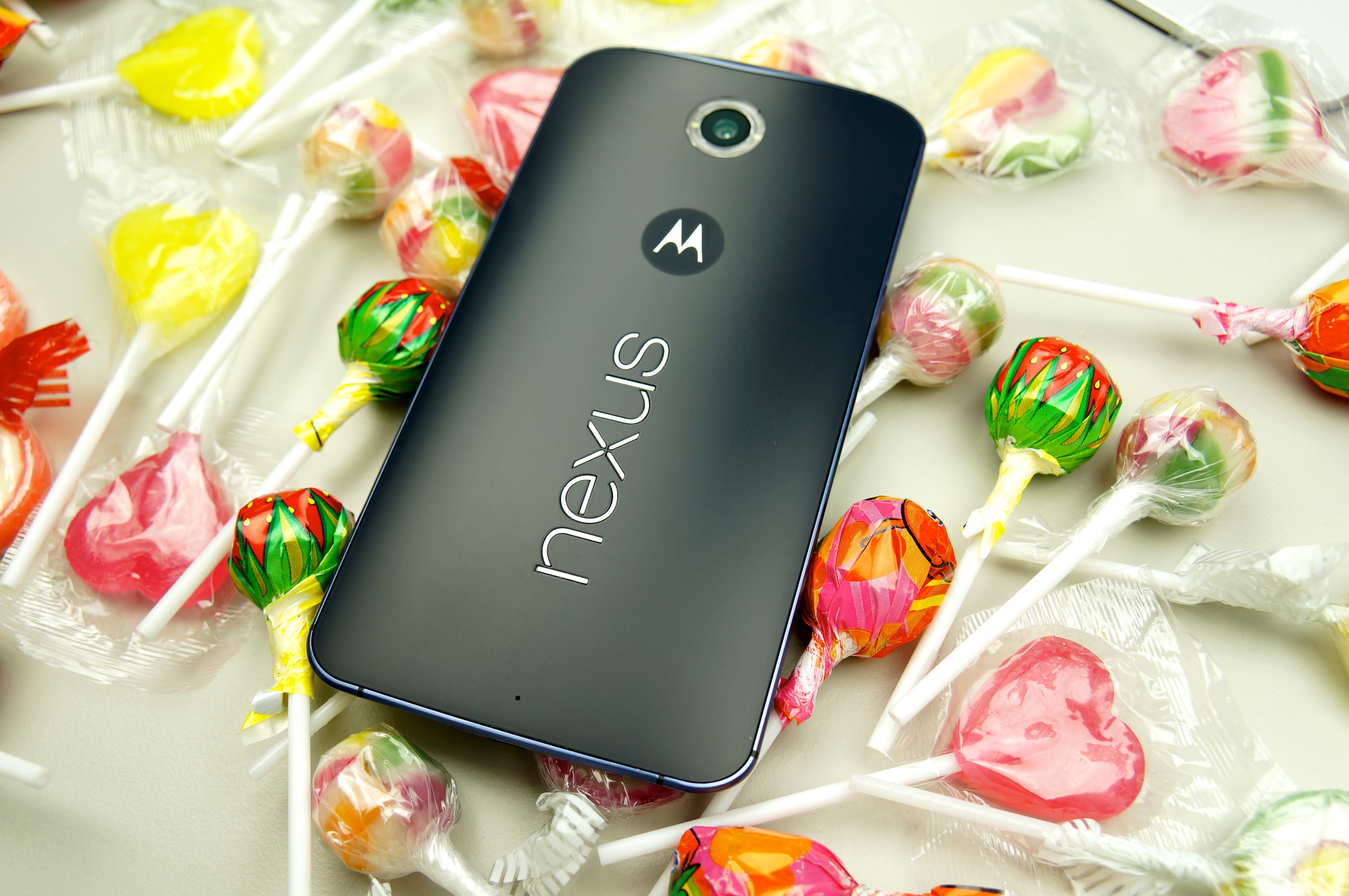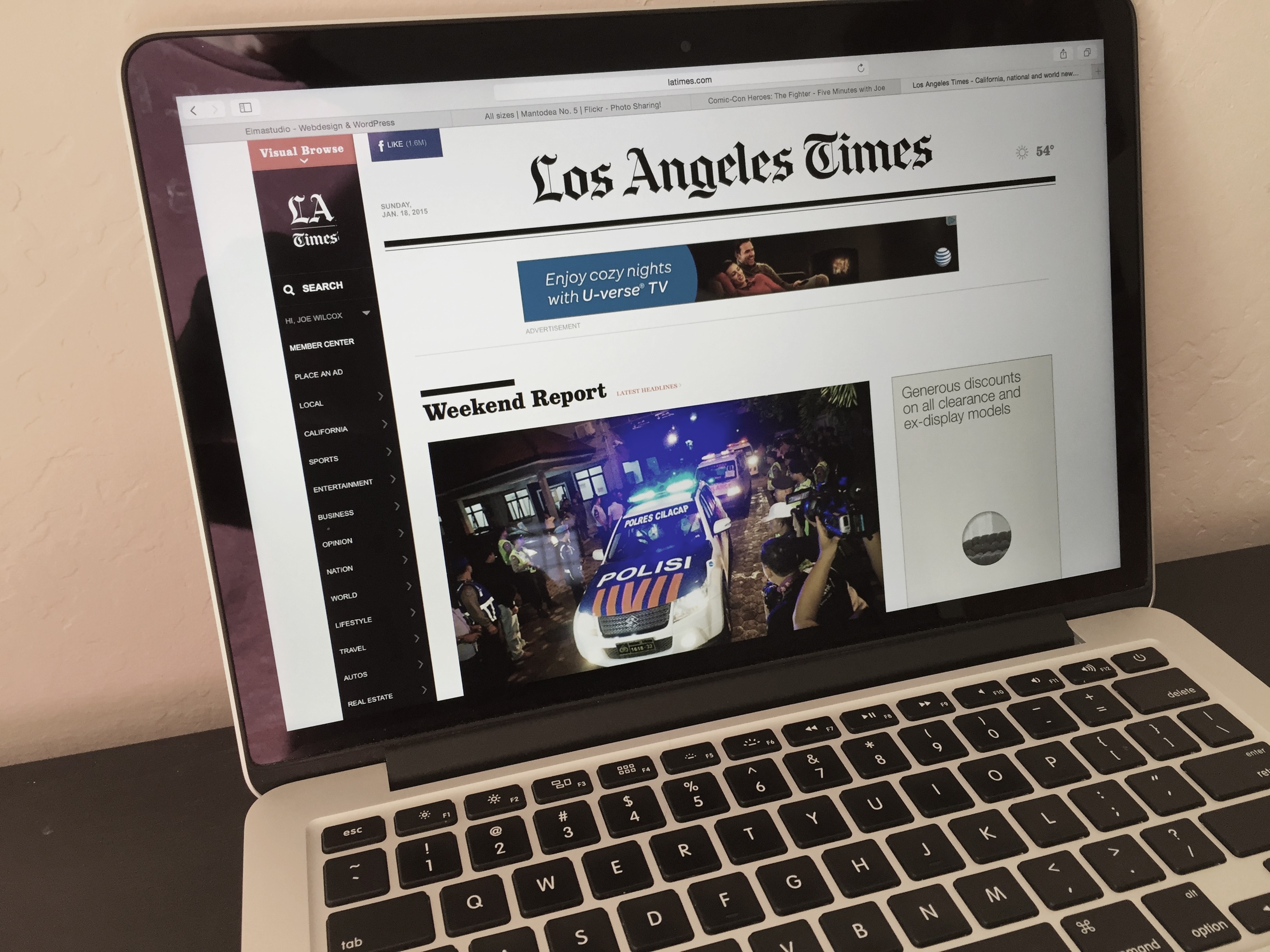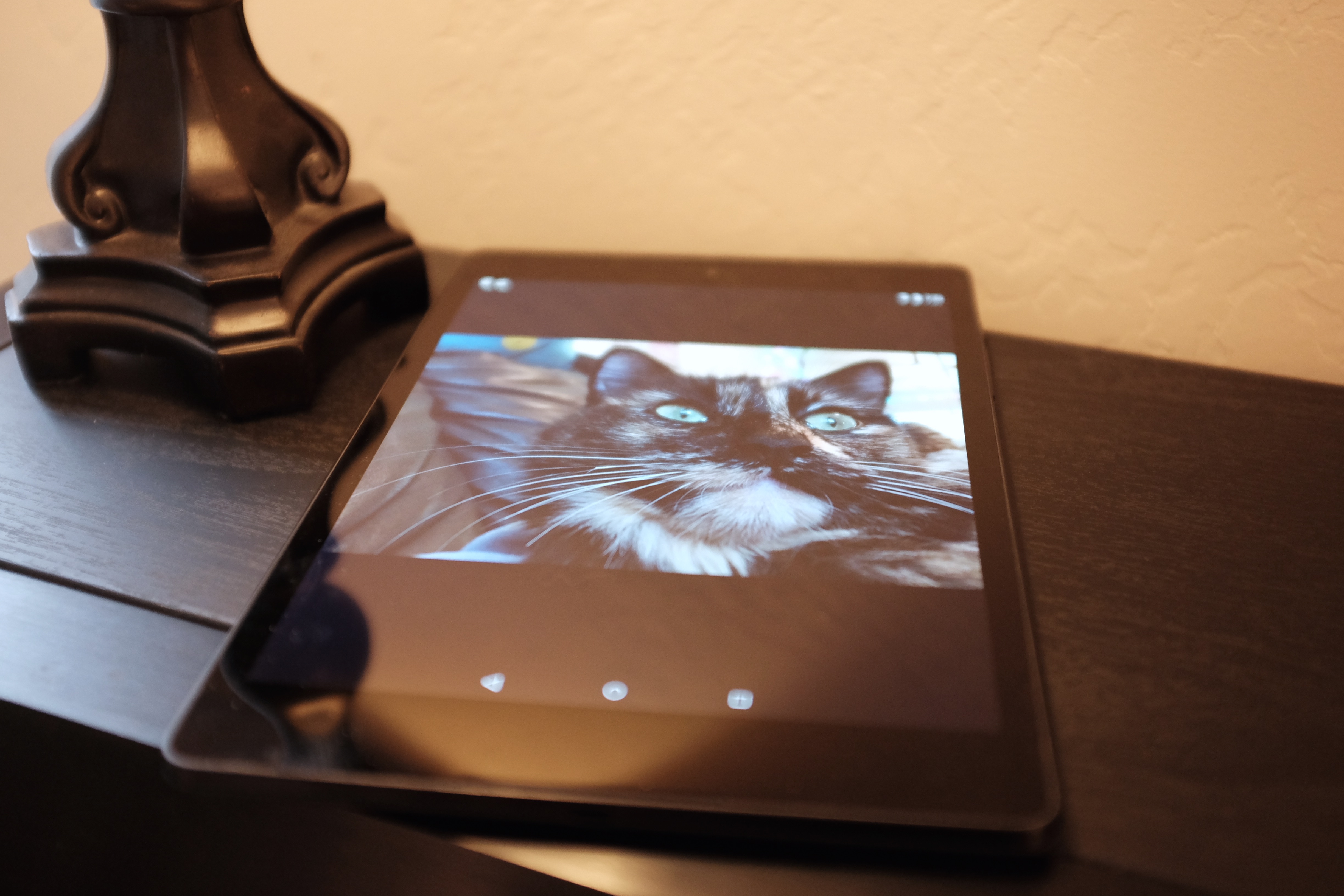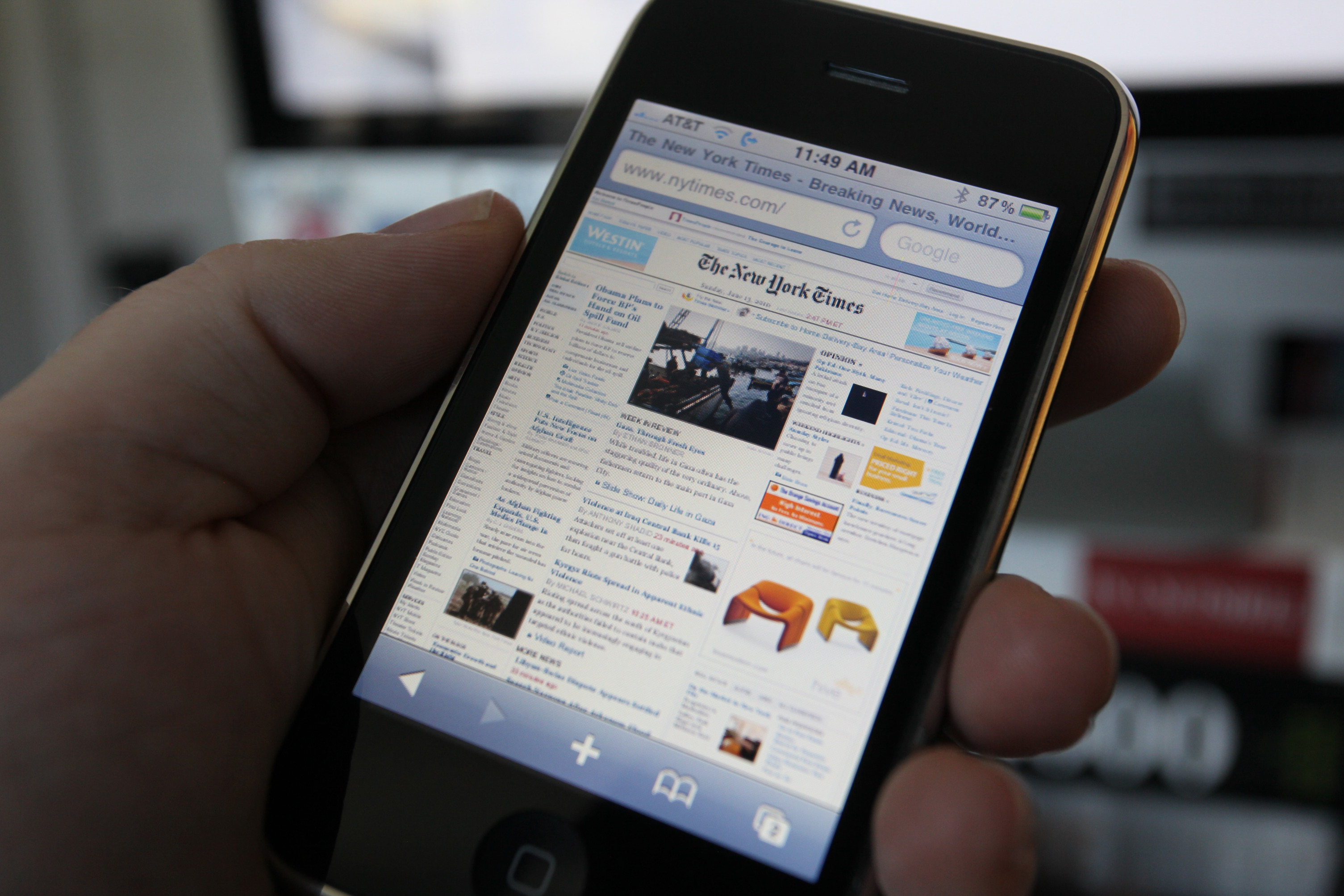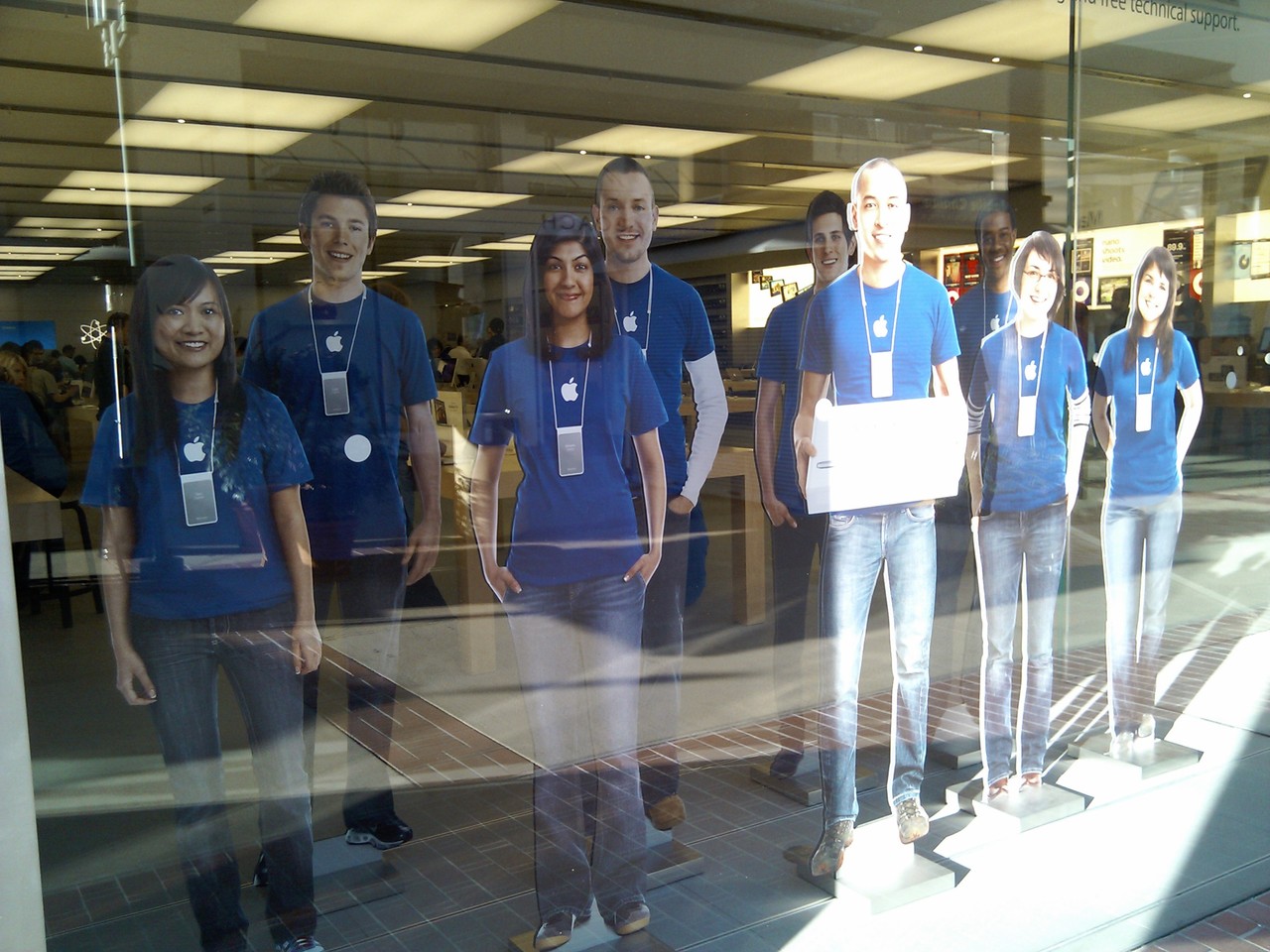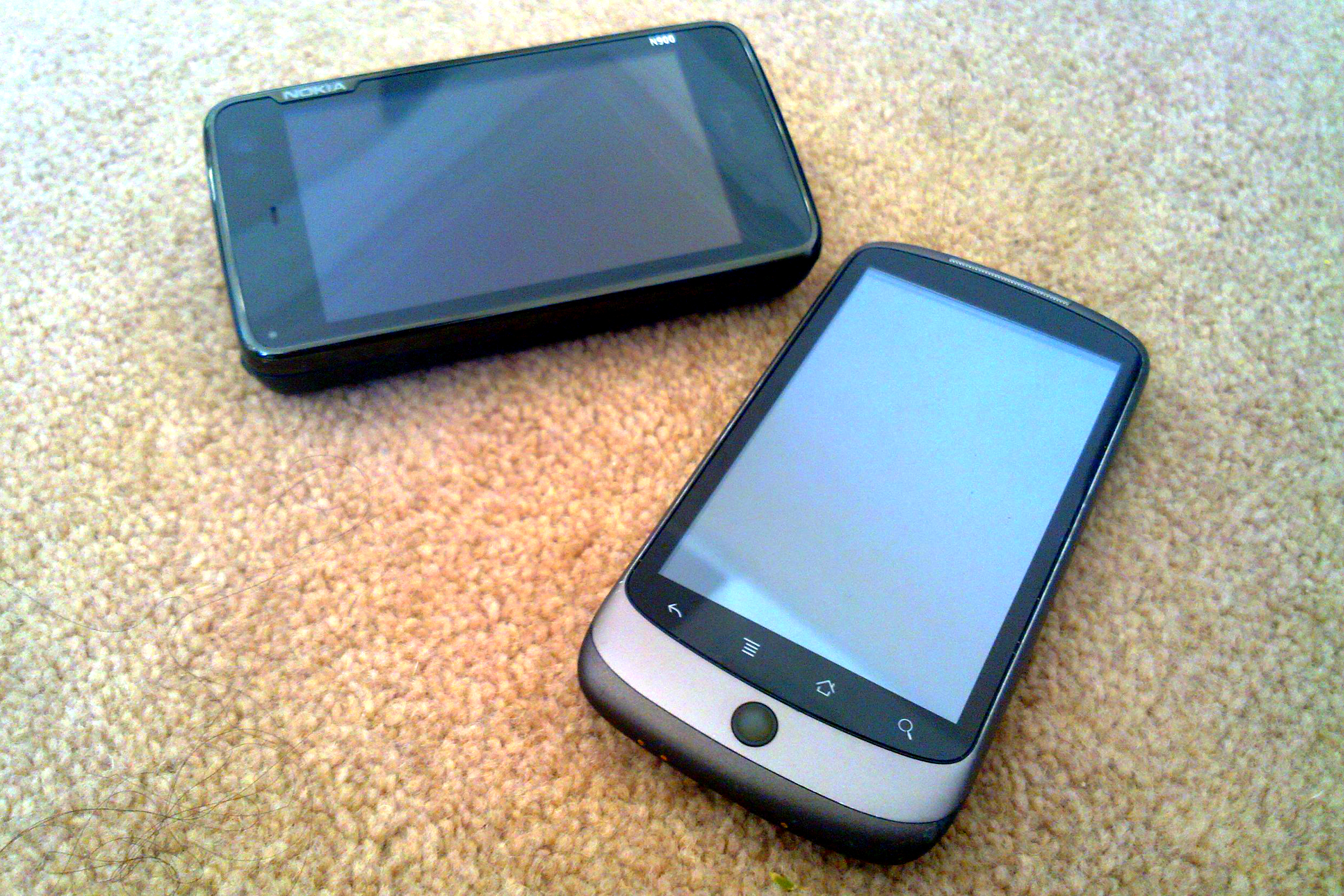My Apple exodus and return to the Google lifestyle progress at rapid pace. I am full-time back on Chromebook after buying the Toshiba model one week ago. Whoa, it feels so much longer. Selling my MacBook Pro paid for the laptop, and another for my wife, with some proceeds remaining. I also use Nexus 9 tablet, replacing iPad Air (which is Craigslisted but not sold). Today, I await delivery of Nexus 6, which replaces iPhone 6.
A law-enforcement officer bought the Apple smartphone, which sale exactly covers cost of the N6. This morning, I am without any handset, waiting for UPS to deliver the Motorola-made Google phablet, which I purchased from T-Mobile. Google Play and Motorola are sold out, although during the time yesterday when placing my order, Play Store had the 32GB N6 in stock; both colors!
